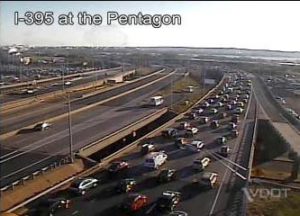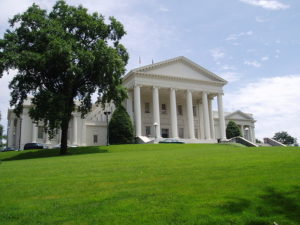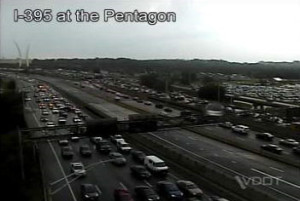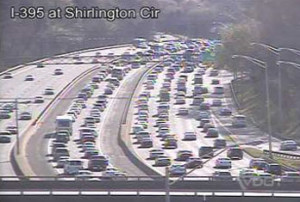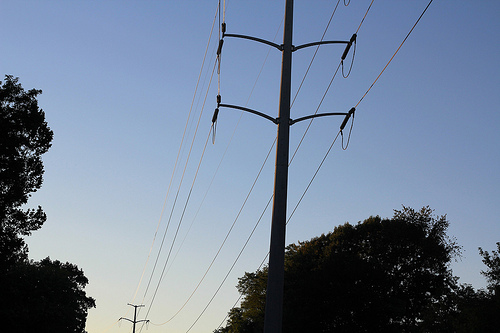Arlington County officials and local lawmakers are celebrating VDOT’s decision to scrap its plan to build High Occupancy Toll lanes on the Arlington and Alexandria portion of I-395.
Here’s the county’s official press release:
ARLINGTON, Va. – Arlington County Board Chairman Christopher Zimmerman today welcomed VDOT”s announcement that it is pursuing a new, more limited High Occupancy Toll (HOT) Lanes project on I-95 that will undergo an in-depth environmental analysis.
“The state is now doing, for this new project, what Arlington asked it to do for the I-95/395 project,” said Arlington County Board Chairman Christopher Zimmerman. “The County’s goals have always been to protect transit and High Occupancy Vehicle (HOV) travel in the corridor and to preserve Arlington neighborhoods.”
VDOT’s new project appears to preserve I-395 as an HOV/transit corridor. Questions remain, however, about the impacts of this new project on transit and HOV south of the Beltway. The County trusts that the environmental assessment to which VDOT is now committed to performing will address those concerns.
Arlington is also pleased to see that the state is addressing transportation problems at the Mark Center in Alexandria and the Engineering Proving Grounds in Fairfax County arising from BRAC decisions. These issues were not addressed in VDOT’s original HOT Lanes project. Arlington welcomes the opportunity to examine the HOV/transit connection to the Mark Center that VDOT now says it will construct in addition to the redesigned HOT Lanes project.
Arlington is still reviewing VDOT’s new project and assessing its impact on Arlington’s litigation against the state and federal governments. A key question for Arlington is the status of the Categorical Exclusion granted by the federal government for the original project. In light of VDOT’s decision to proceed with an Environmental Assessment of the new project, it would appear to be appropriate for the Categorical Exclusion to be rescinded by the federal government, or withdrawn by VDOT. Resolution of this issue remains a key factor in Arlington’s decision-making on the litigation.
Arlington remains committed to doing what it has always done – working to protect transit, ensure the ability to efficiently move people and safeguard Arlington neighborhoods. Arlington will continue to work together with neighboring jurisdictions and the state to address the urgent transportation needs of Northern Virginia.


